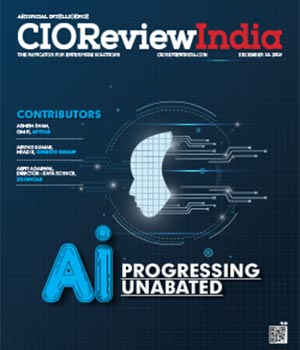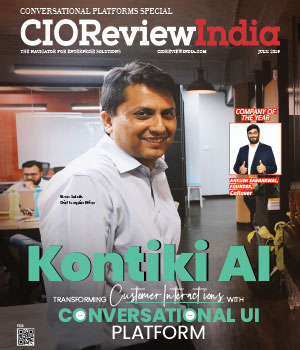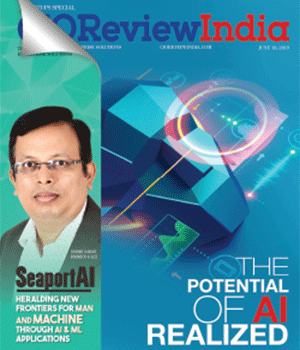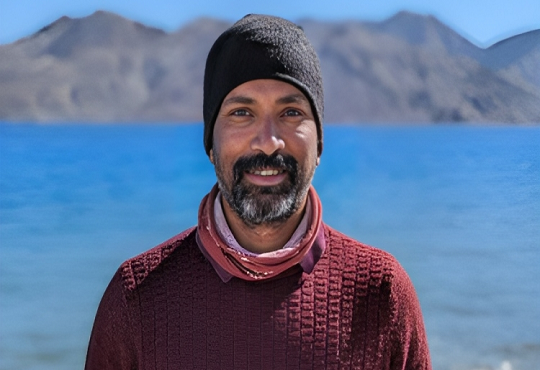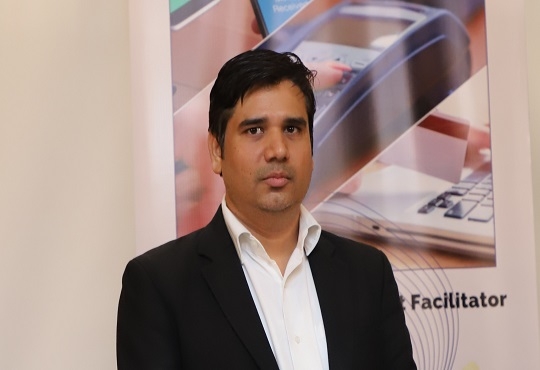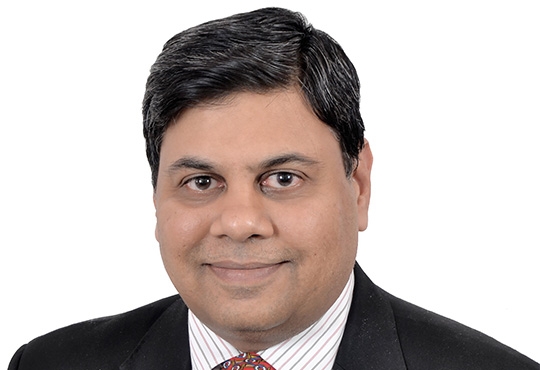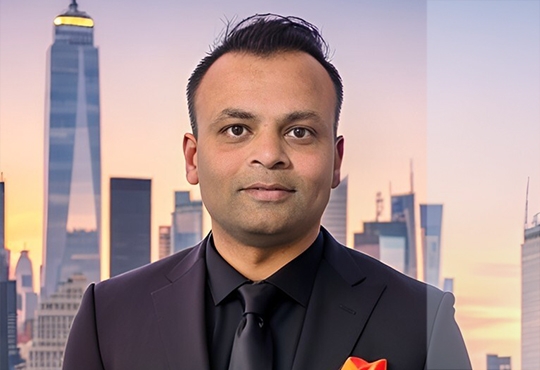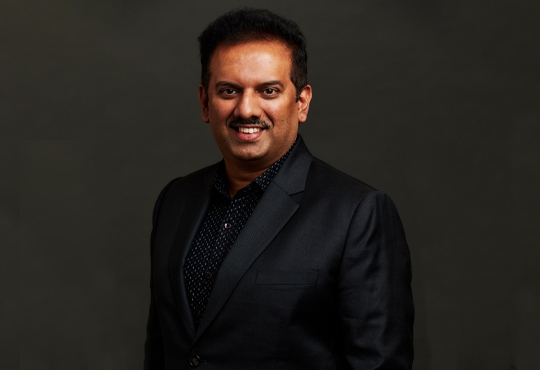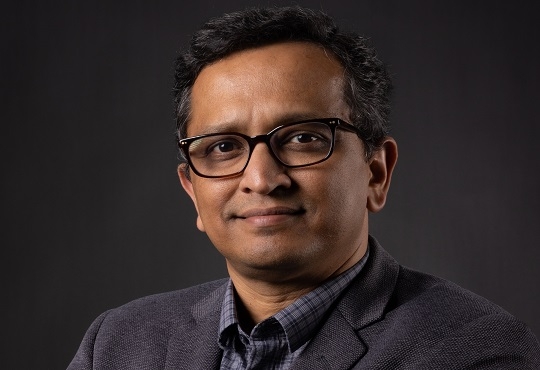
"AI Will Help People Think Smarter and Faster" Says Microsoft President
CIOTechOutlook Team | Wednesday, 30 August 2023, 11:36 IST
 “It is a tool that can help people think smarter and faster. The biggest mistake people could make is to think that this is a tool that will enable people to stop thinking.” Artificial intelligence (AI), a technology that has changed a number of fields, from business to education, with its promise to improve productivity and learning, was described in this way by Brad Smith, president and vice-chairman of Microsoft.
“It is a tool that can help people think smarter and faster. The biggest mistake people could make is to think that this is a tool that will enable people to stop thinking.” Artificial intelligence (AI), a technology that has changed a number of fields, from business to education, with its promise to improve productivity and learning, was described in this way by Brad Smith, president and vice-chairman of Microsoft.
However, there are serious risks associated with this potent technology. In an exclusive interview with CNBC, Smith advocated for human monitoring and regulation of AI, echoing the fears of other industry CEOs. He issued a warning that AI may be weaponized and used maliciously. Smith asserted that every technology ever created may be used as both a tool and a weapon in the interview that was conducted on the sidelines of the Business 20 Summit in New Delhi.
“We have to ensure that AI remains subject to human control. Whether it’s a government, the military or any kind of organisation, that is thinking about using AI to automate, say, critical infrastructure, we need to ensure that we have humans in control, that we can slow things down or turn things off.”
Sam Altman of OpenAI and other industry titans issued a warning in May stating that the hazards posed by AI to humanity could be comparable to those posed by nuclear war. The latest and most sophisticated language model from OpenAI, GPT-4, has received calls for a 6-month moratorium from Elon Musk of Tesla, Steve Wozniak of Apple, and others. Smith suggested that in addition to business accountability, legislative and regulatory safeguards are also necessary for the ethical use of artificial intelligence. He contrasted the necessity for safety precautions in artificial intelligence to the need for circuit breakers and emergency brakes in electrical systems and vehicles.
Smith also addressed the worries about how AI could affect jobs, emphasizing that AI is a technology that supports human work, not replaces it.
Pointing toward AI’s tendency to get facts mixed up and occasionally hallucinate information, Smith emphasised the importance of cross-checking AI-generated content. “The ability to take a Word document and turn it into a PowerPoint slide doesn’t mean you shouldn’t read your PowerPoint slides before you present them. In fact, you should go in and edit them and make them just perfect.”
CIO Viewpoint
Harnessing the Power of AI and ML for Business...
By Vinod Subramanyam, Managing Director, Brillio
The Key to Achieving Real-time AI: Optimizing...
By Mukundha Madhavan, APAC Tech lead, Datastax
Smart Payment Solutions: The Role of AI and IoT...
By Manoj Varma, Head - Payments, Lyra Network, India
CXO Insights
Data Virtualisation: Optimising Access and...
By Puneet Gupta, Vice President and Managing Director, NetApp India/SAARC
Navigating the Ethical Frontier: Transforming...
By Varun Shah, Software Development Manager, Amazon Services LLC
AI and Sustainability Forge the Future of Tech...


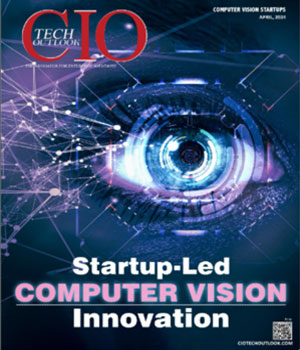
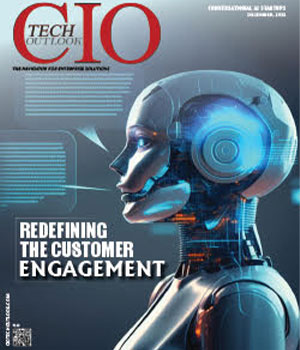
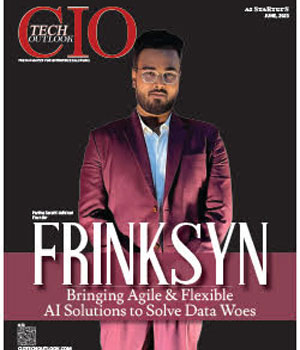
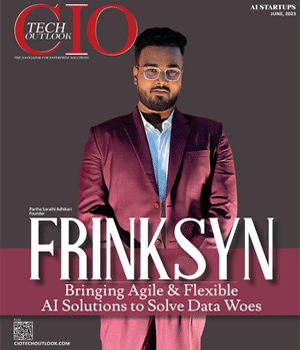
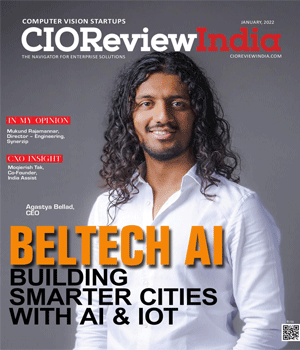
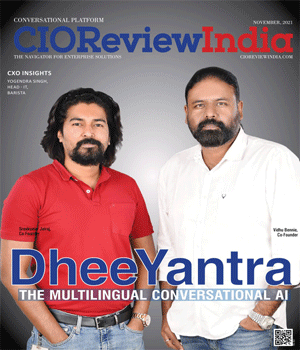
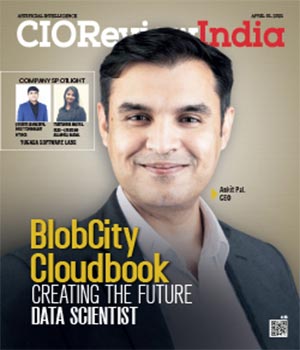
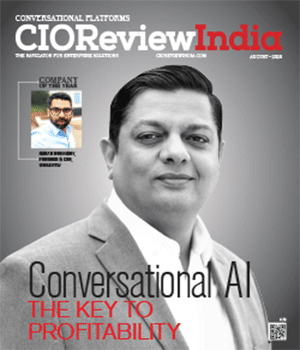
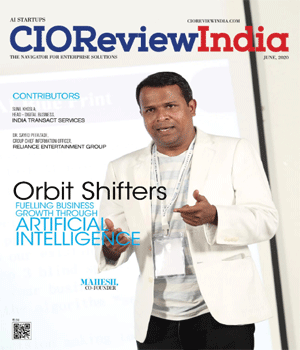
.jpg)
.jpg)
.jpg)
